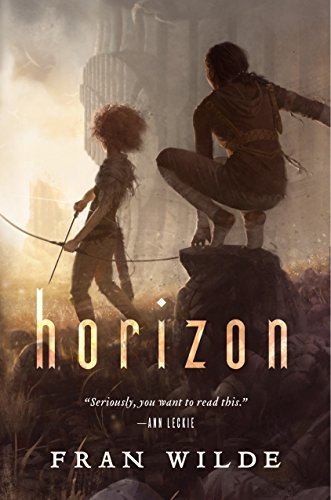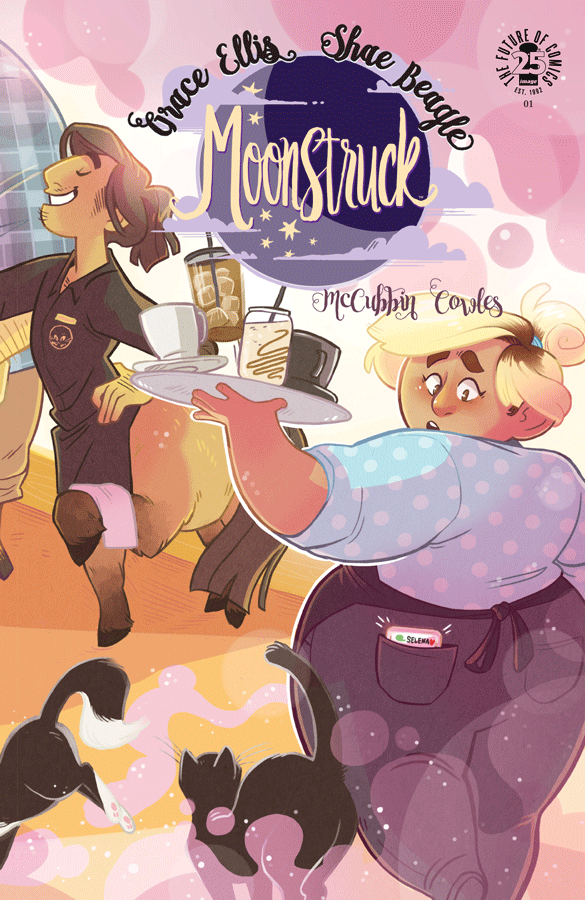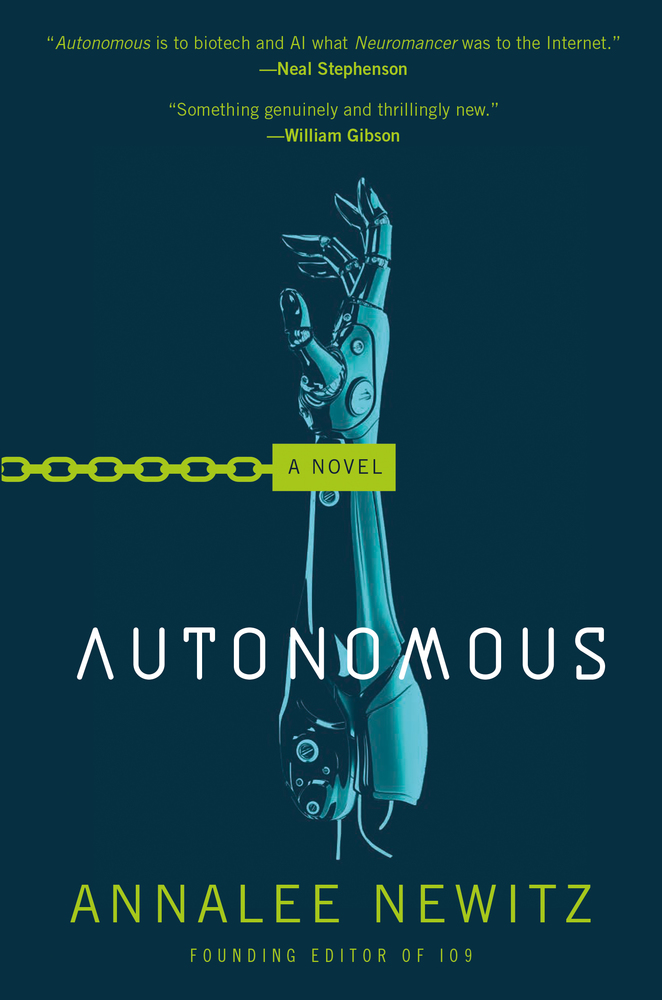Around the Podosphere #15: Podcasts of Note for 9/30/17
We’re very late in getting this out. But starting a new semester as a teacher, getting a hurricane in your backyard, and desperately trying to get caught up on everything has a tendency to put you pretty behind on everything that isn’t work-related. But we’re back. Podcasts are still happening, and we’ve got plenty to share! Here we go:
Book Review: Horizon by Fran Wilde

The Compton Crook award-winning, Nebula-nominated Updraft by Fran Wilde landed her acclaim, accolades and a very fine YA novel to start the novel portion of her writing career. Focusing on a New Weird world above the cloud of flyers, skymouths and towers of bone, Updraft was one of the most memorable books I read in 2015. Cloudbound, which came out in 2016, took the world of the Bone Towers and its characters in new and intriguing directions. Somewhere in there, the series got a reboot of covers, too. Now, with Horizon, Fran Wilde completes the trilogy. After the revelations of Cloudbound, and the instability that the Bone Tower society has undergone after the events of Updraft, Horizon brings us to the ground, literally and figuratively, in this concluding volume. The three novels of the Bone Towers Trilogy have all done different things, and done them well. Updraft is a classic YA coming of age story with a strong central protagonist, unfolding and unfurling the wings of the author’s worldbuilding even as we have a deep dive into the personality, hopes, fears, dreams and struggles of Kirit. It would have been the easier, safer and perhaps more expected path for the author to continue the trilogy from Kirit’s point of view and go for a grand arc of Kirit’s story at the time of great change for her community. Surely, I think, the author must have considered and contemplated that sort of path for her subsequent novels.
Adorable lesbian werewolves in love: Moonstruck #1 and #2

Welcome to the latest installment of my comics review column here at Skiffy & Fanty! Every month, I use this space to shine a spotlight on SF&F comics (print comics, graphic novels, and webcomics) that I believe deserve more attention from SF&F readers. This month, I’d like to focus on the first two issues of a new ongoing comics series, Moonstruck #1 and 2. (This review contains spoilers!)
#PollMondays: Which fantasy world would you want to live in?

It’s time for another #PollMondays poll! This week, we want to know about the fantasy worlds you’d want to live in. Feel free to add other options in the comments!
A Book By Its Cover: Autonomous by Annalee Newitz

From Karel Čapek’s R.U.R. to Daniel H. Wilson’s Robopocalypse to Matt “Grim-Dark” Groening’s upcoming Futurama X-Treme, the standard script for science fiction featuring artificial intelligence (AI) has been machine rising up against humanity. This theme reached its artistic pinnacle in 1953 with the widely acclaimed masterpiece Robot Monster from noted auteur Phil Tucker, a cinematic disciple of Bresson and Ozu. The plot should be as obsolete as MS-DOS 4.0. Yet, authors and Hollywood writers all keep going back to the robot production factory for ideas. The fear inherent in this fiction has historically accompanied each technological development; with each increase in technology’s power and reach, so goes the fear. Recently, both Stephen Hawking and Elon Musk voiced concerns and warnings regarding AI. Yes, it is true that Hawking and Musk are both usually known for lunatic ramblings, but their warning here does seem logical and warranted.
Book Review: Doctor Potter's Medicine Show by Eric Scott Fischl

The Women’s Christian Temperance Union, a real-life organization that lends a bit of background color to Doctor Potter’s Medicine Show, might have found this novel an effective bit of ammo in their arsenal against the evils of Demon Rum, Wicked Whiskey, Sinful Ginful, etc. They would probably have found it an appalling actual read, but it might have served better than their marching around with signs and their uplifting sermons and their heartfelt testimonials ever did. The descriptions of the unpleasantness of actually being drunk, of addiction, of the consequences of a drinking binge (both social and biological), and of just how nasty a bottle of rotgut can taste and smell, will surely make many a reader look askance at the next cocktail proffered him or her.* I doubt, though, that Eric Scott Fischl wrote with this aim in mind as he brought these desperate characters together in this diabolical plot. After all, alcohol is not anyone’s biggest problem in his version of Oregon and Idaho in the late 1870s.

